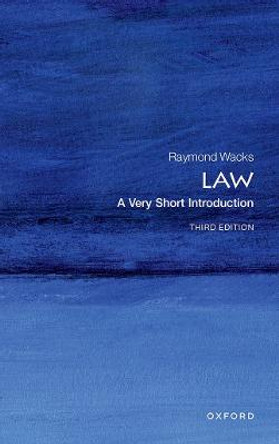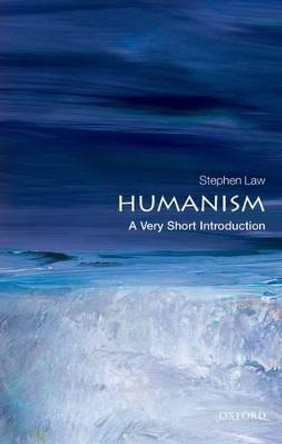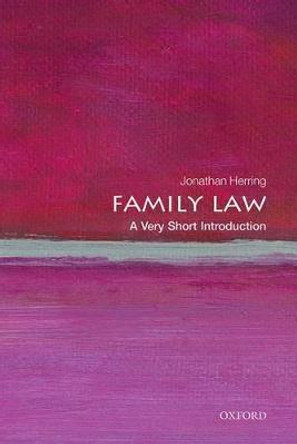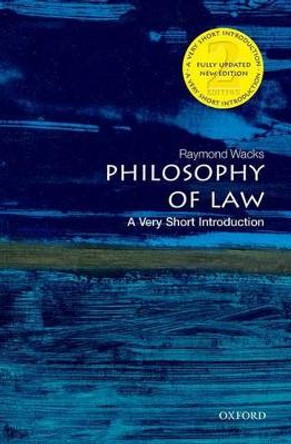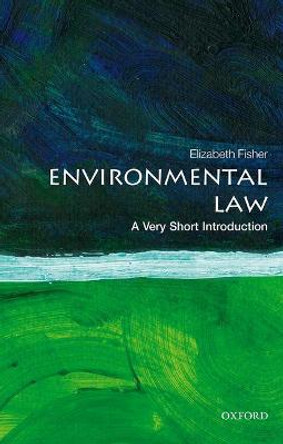Politicians, judges, and citizens commonly use the phrase "rule of law" to describe some good that flows from a legal system. But what precisely is that good? Even in Aristotle's time, there was no agreement on either its nature, and on whether it counted as an unqualified good. Even now, a core rule-of-law aspiration is that law can constrain how power is flexed. But how or when? Disagreement persists as to whether the rule of law is a matter of how law is used or why it is deployed. In consequence, the World Bank, the leaders of Singapore's one-party state, and the Communist Party in China can all offer their own spins on the concept. By charting these disagreements and showing the overlap and the conflicts between different understandings of the concept, Aziz Z. Huq shows how the rule of law can still be used as an important tool for framing and evaluating the goals and functions of a legal system. He traces the idea's historical origins from ancient Greece to the constitutional theorist Albert Venn Dicey to the economist and political philosopher Friedrich Hayek. And he explores how that value is coming under pressure from terrorist threats, macroeconomic crisis, pandemics, autocratic populism, and climate change.
About the AuthorAziz Z. Huq is Frank and Bernice J. Greenberg Professor of Law at the University of Chicago, specializing in U.S. and comparative constitutional law. His previous books include The Collapse of Constitutional Remedies and How to Save a Constitutional Democracy (with Tom Ginsburg).
Book InformationISBN 9780197657423
Author Aziz Z. HuqFormat Paperback
Page Count 152
Imprint Oxford University Press IncPublisher Oxford University Press Inc
Weight(grams) 127g
Dimensions(mm) 176mm * 113mm * 8mm



